At our last F2F meeting, my support group had a fabulous conversation about DEI in our classrooms. I brought up a unit that I designed last year and which I’ve continued to develop throughout the pandemic: a novel study that focuses on #OwnVoices books. Everyone was incredibly supportive and encouraged me to blog about, so I said “Yes of course I’ll do that!” And then life continued to happen and it kept getting shuffled to the bottom of my pile.
Well, here we are months later and I’m finally doing it! When I started designing this unit I knew that I wanted to bring more diverse perspectives into the literature that I was giving my students, and I knew that I wanted to make sure those perspectives were authentic, which is how I ultimately decided to focus on #OwnVoices novels. For those of you who aren’t familiar with the hashtag, it’s a movement to read books with characters from diverse and marginalized communities whose authors share the identities of their characters. If you’d like, you can read about it here.
I read a lot of books. I mean a lot. I reached out to other teachers and to friends who work as librarians, in publishing, and in children’s literature review publications like the Horn Book. Some communities and identities were far more challenging to find books about, and I would often find incredible novels that were simply not the right maturity or content level for my Grade 8 students. Ultimately, I settled on the six novels you can see here. This year I added Tahereh Mafi’s “A Very Large Expanse of Sea.”
The kids love these books; they argue and they get outraged and they care so much about the characters. It’s certainly the most engaged I’ve ever seen my students in a small group novel study. Our focus in discussion and writing is on the themes of prejudice, voice, and identity; ultimately we look at why these stories matter and why it matters who gets to tell them. I suspect that this list of books will continue to evolve year by year as more incredible, important books continue to be published and as I continue to learn how to acknowledge my own privilege and the privilege of what has historically been considered ‘literature’. I still have a long way to go, but this feels like a good step.
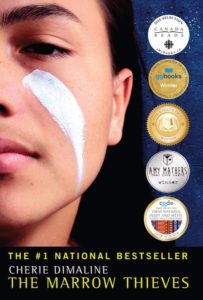
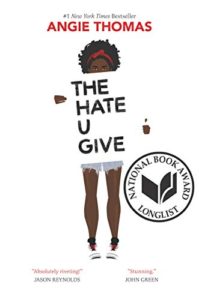
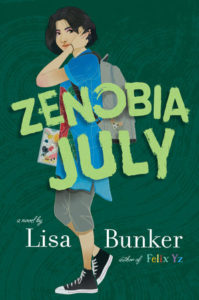
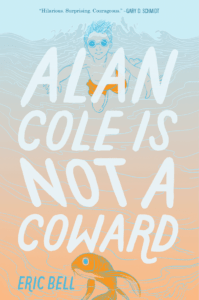
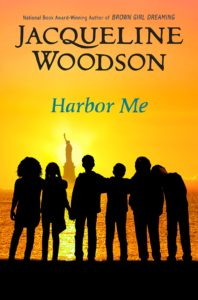

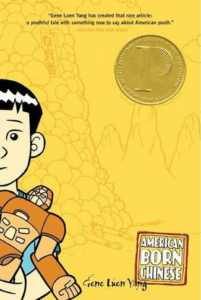
Indeed – an incredible early step on your walk in this journey. Thanks for sharing the books you’re reading! See you on Saturday!
Amazing project and book list! I’ve added a few to my reading list. For me, this year has been all about the power of a good book to spark interest, passion, and a diversion from the ‘groundhog day effect’ that many of us have been living during lockdowns/shutdowns/stay-at-home orders, etc. Your students will remember that it’s important to have stories not only about diverse characters, but also from diverse authors.
Hi Dani,
Thanks so much for sharing your thoughts about this subject. As a lead for the English and Modern Language team I’m always curious why we offer the books we do. It’s nice to see that we’re reading some of the same ones and we are starting to take that important step in learning more about our inherent bias and how to begin to deconstruct it.
Back in 2018 @ckirsh helped me find my feet on this path with her podcast episode about Decentering whiteness in the English classroom with Meg Goldner Rabinowitz – https://cohort21.com/teachingtomorrow/2018/08/17/3-decentring-whiteness-in-the-english-classroom-with-meg-goldner-rabinowitz/
We’re starting to really dive into this work and I hope you’ll continue to blog to help move people’s thinking, like mine, as you do the important work of shaping young minds.
Thanks and see you soon!